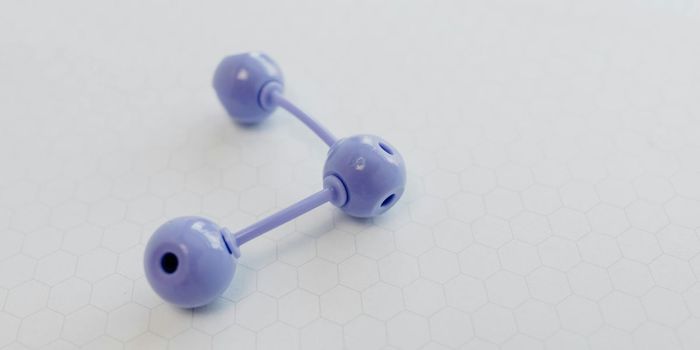It's not the amount of stress people have but how they handle it. Researchers at Penn State say that acting positively when confronted by stressful situations could make the difference in long-term health.

Measuring adults' reactions to stress and its impact on their bodies, the researchers determined that those who cannot be calm or cheerful when the minor stressors of everyday life seem to have elevated levels of inflammation. Women can be at higher risk. While inflammatory responses help the body to protect itself through the immune system, chronic inflammation can harm health and lead to obesity, heart disease and cancer. The researchers report their results about this phenomenon of affective reactivity, or emotional response, in a recent edition of Health Psychology, which is summarized in Medical News Today (http://www.medicalnewstoday.com/releases/295151.php).
According to Nancy Sin, postdoctoral fellow in the Center for Healthy Aging and Department of Biobehavioral Health, Penn State and her colleagues, the frequency of daily stressors was less important in terms of inflammation than the way a person reacted to the stressors. As she explained, "A person's frequency of stress may be less related to inflammation than responses to stress. It is how a person reacts to stress that is important."
Sin's stressed the important contributions of the effect of positive emotions in naturalistic stress processes. People who cannot regulate their responses could be at risk for certain age-related conditions, such as cardiovascular disease, frailty and cognitive decline, she said.
Jennifer E. Graham-Engeland, associate professor of biobehavioral health at Penn State, said that the study was "the first to link biomarkers of inflammation with positive mood responses to stressors in everyday life." After a sample of 872 adults from the National Study of Daily Experiences reported daily stressors and emotional reactions for eight consecutive days, blood samples were taken and assayed and subjects were interviewed by phone to rate their emotions and their stressors. Researchers calculated reactivity scores and predicted two markers of inflammation, Sin said. Stressors included "arguments and avoiding arguments at work, school or home; being discriminated against; a network stressor, i.e., a stressful event that happens to someone close to the subject; and other stressors."
Data came from the second wave of the Midlife in the United States Study, a national survey designed to determine health and well-being in midlife and older adulthood. The first national survey of Midlife Development in the U.S. (MIDUS) was conducted in 1995/96 by the MacArthur Foundation Research Network on Successful Midlife Development. Developed by a multidisciplinary team from fields of psychology, sociology, epidemiology, demography, anthropology, medicine and health care policy, the study attempted to "investigate the role of behavioral, psychological and social factors in accounting for age-related variations in health and well-being in a national sample of Americans." MIDUS, now beginning its third cohort, is funded by the National Institute on Aging, part of the National Institutes of Health (http://www.midus.wisc.edu/scopeofstudy.php).









